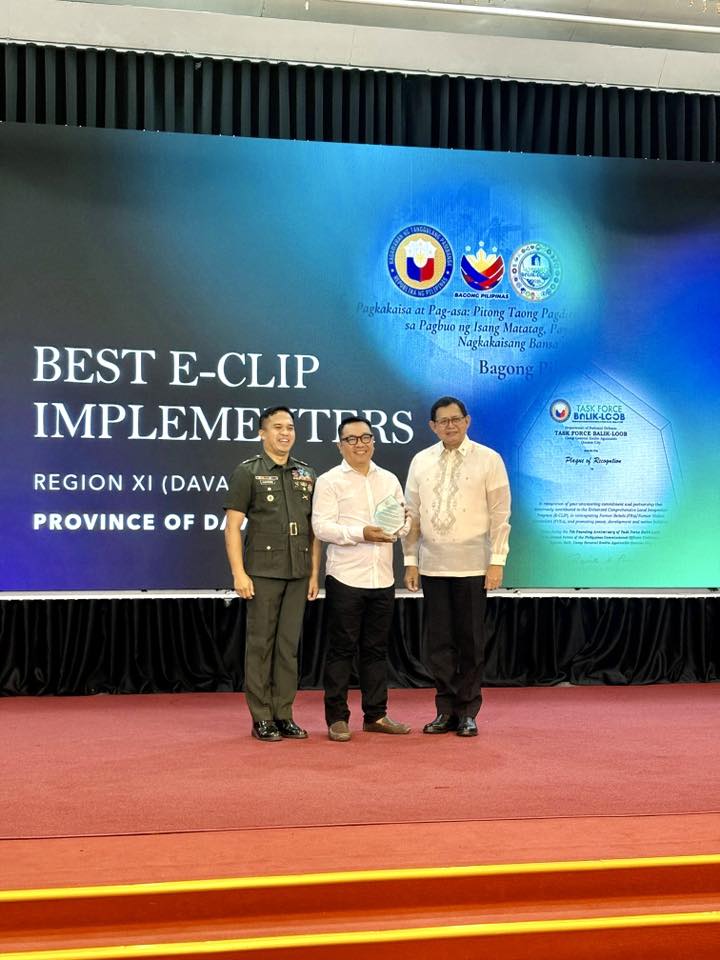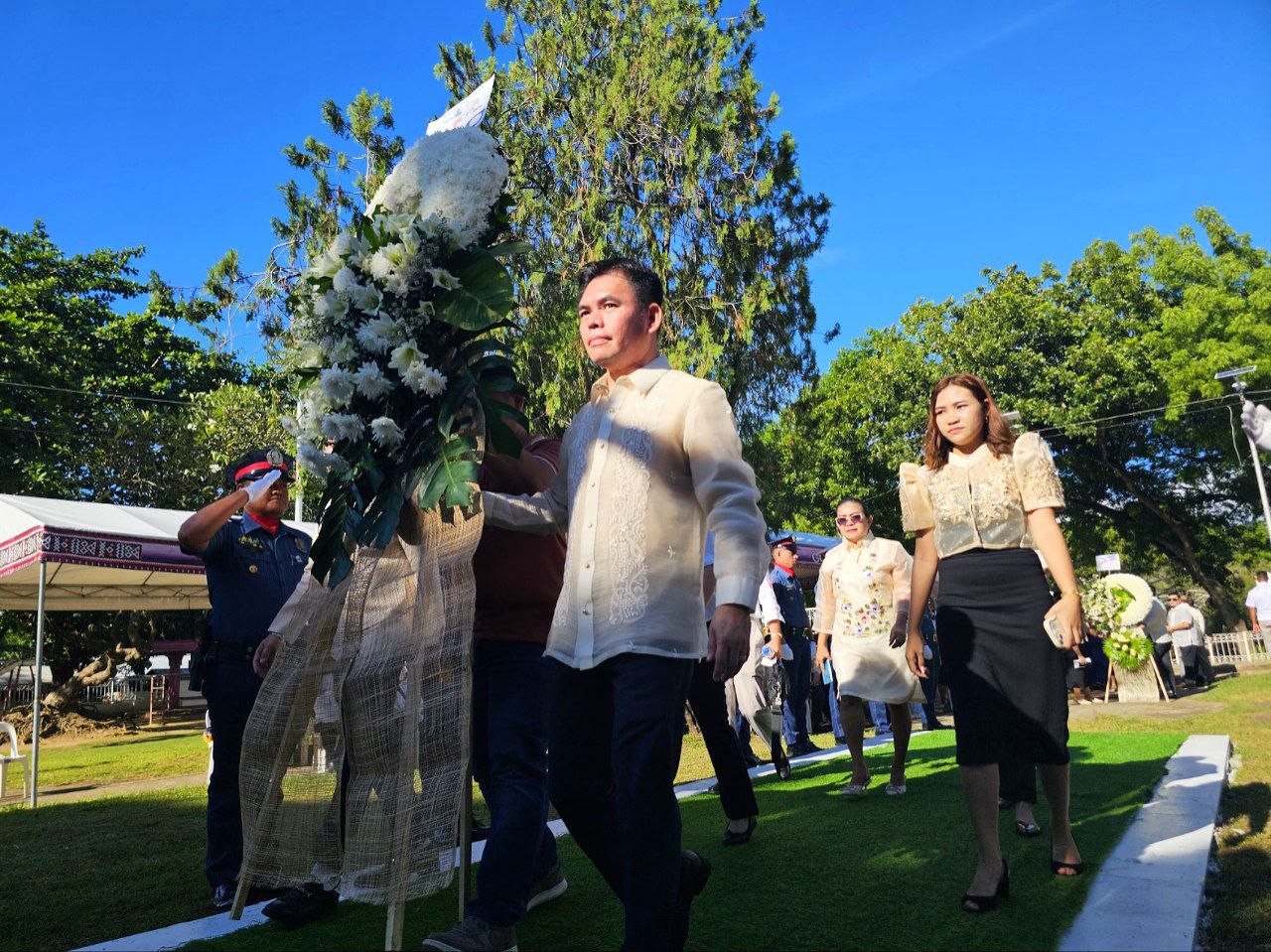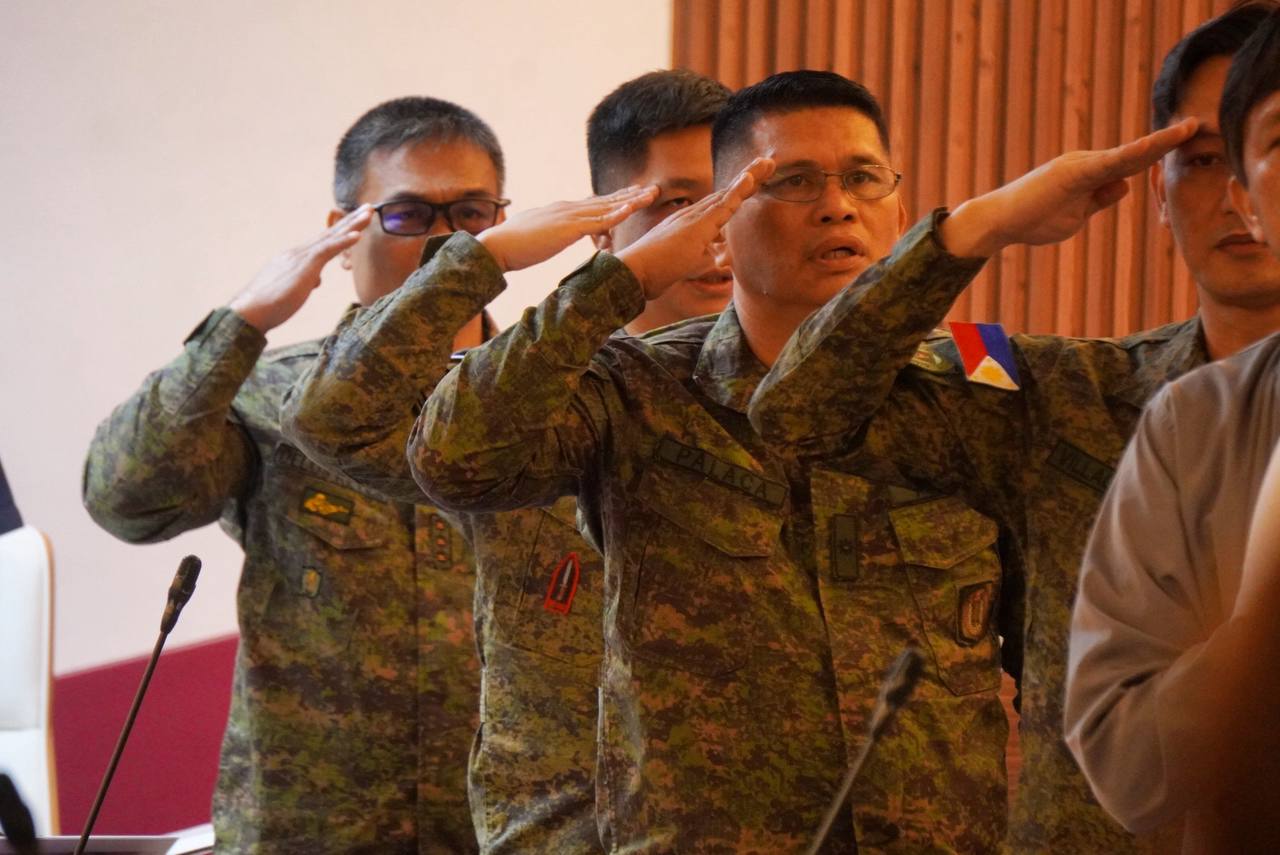DAVAO ORIENTAL—Intending to improve its existing program for former rebels, the Quezon City Government will be adopting strategies from the Davao Oriental’s successful implementation of Enhanced Comprehensive Local Integration Program (E-CLIP).
The Quezon City delegation, led by City Councilor Ranulfo Ludovica who at the same time chairs the Sangguniang Panlalawigan Committee on Public Order and Safety, expressed their serious intention to replicate the province’s Happy Home, the Halfway House for former rebels.
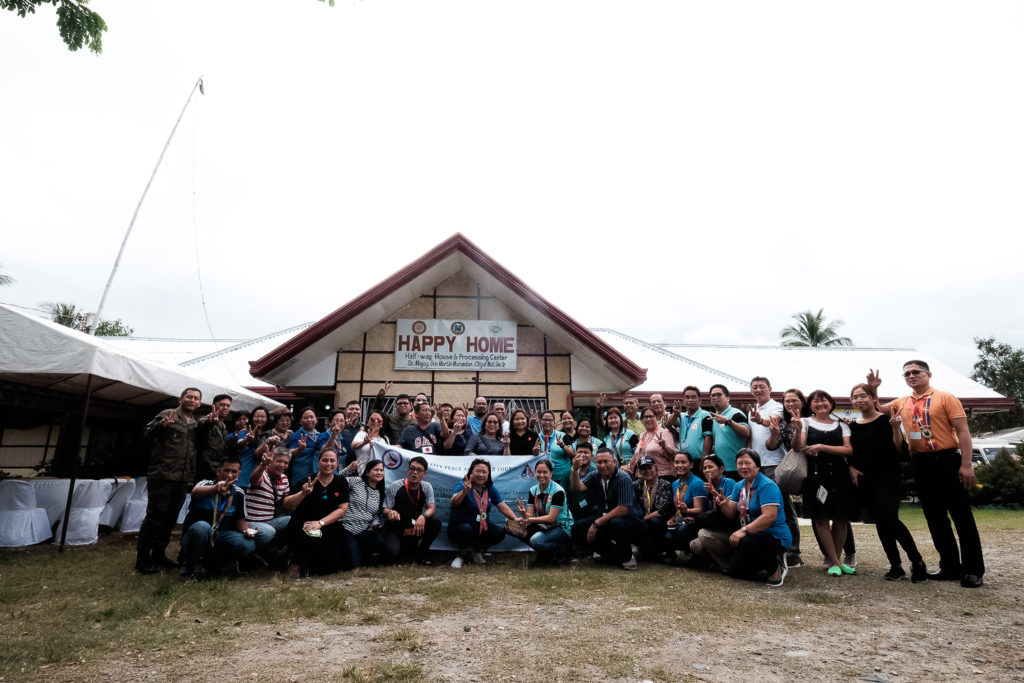
Although Quezon City is generally confronted with activist and propagandist movement being a highly urbanized area in Metro Manila, Quezon City Administrator Aldrin C. Cuña said that they are going to put up a processing center for former rebels after learning in a benchmarking activity held on April 25.
“Our key take away here is the knowledge on how you are able to put up a halfway home or a safe house for our former rebels and gradually reintegrate them into mainstream society,” Cuña said, noting that a halfway house will help them facilitate faster healing of the former rebels.
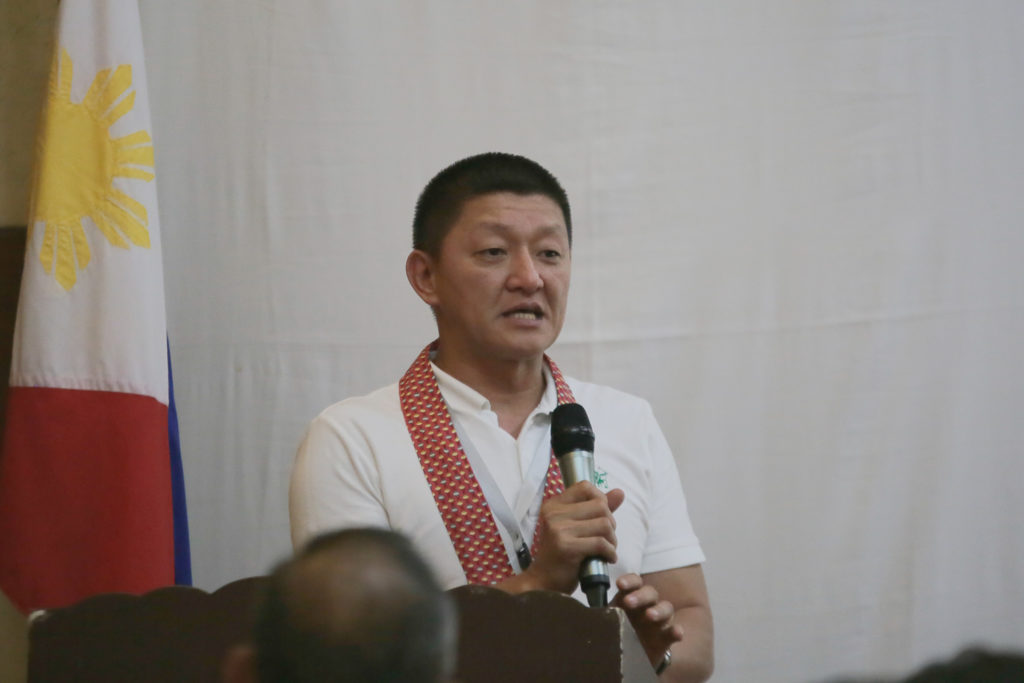
“Happy Home, or halfway house is really critical to make the processing a bit relaxed compared when they are safe kept in a law enforcement facility where the ambiance is too stiff. But if the atmosphere is as homey as this, the processing of former rebels is easier and then eventually their reintegration,” he said.
The only city in Metro Manila that implements E-CLIP for former rebels, Quezon City successfully processed a total of 8 former rebels. Citing that their success rate is at 90%, Cuña said that putting up a halfway house will help them the complete the documentation and the clearances which has become the main challenge in their program implementation.
Cuña furthered that a civilian processing facility will help the former rebels adapt in the fast-pacing urban setting, as the former rebels who have surfaced in their area are coming from the different provinces in the country.
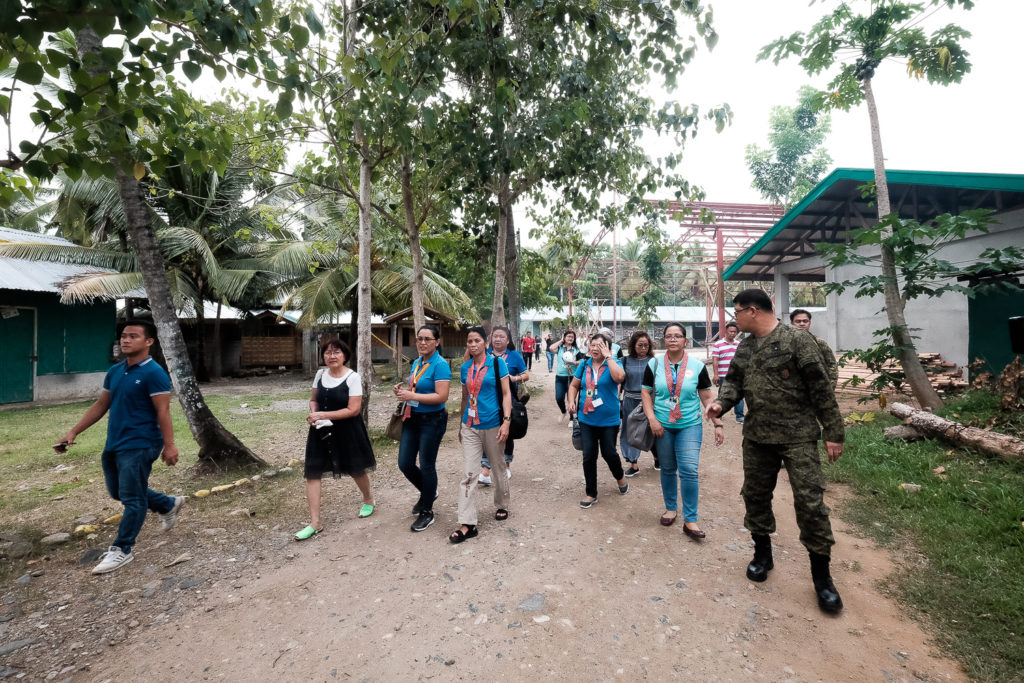
“Also, one of the challenges, as far as those who surface in the urban setting like in Metro Manila, is their coping mechanism in the fast pacing life there. That will present a big challenge for our returnee. That is why we really want to put up a halfway house for the purpose of accommodating them while they are going through the processing. After that it is their option whether to stay, or we can recommend to the DILG for a program where former rebels, eventually after processing, can go back to the province or any area of their choice where they can cope with the life that they got used to, so that we can ensure the success rate, the survival rate of our former rebels. Because if we don’t prepare them for the fast-paced life in the urban environment the program is bound to fail,” he added.
Sharing of Expertise through a Memorandum of Understanding
Aside from learning from the province’s E-CLIP, Cuña said they can also share their expertise to further improve the services of Davao Oriental especially with the newly-signed Memorandum of Understanding (MOU) between the Peace and Order Councils of Davao Oriental and Quezon City. As stated in the MOU, the two councils will “share information and replicable best practices on the promotion of peaceful and orderly communities; and to assist one another in the seamless and streamlined processes to ensure E-CLIP’s sustained implementation.”
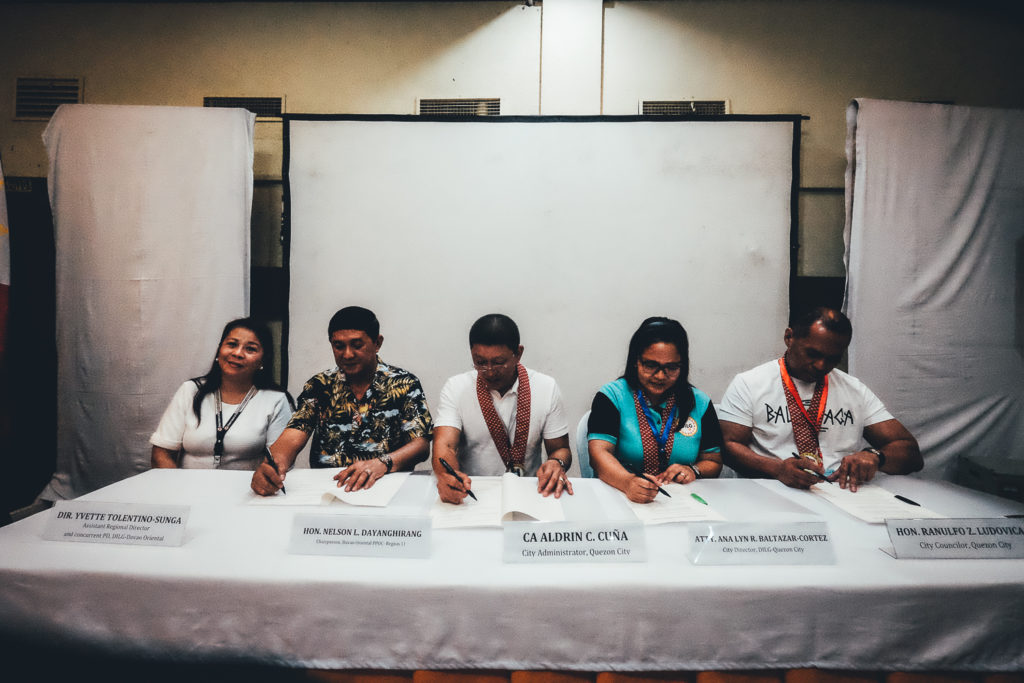
“Maybe we can share our expertise as far as psychosocial counseling as well as on livelihood opportunities that can be offered to the former rebels. At the same time, we could learn from the experience of Davao Oriental as far as the maintaining and operating a halfway home for our former rebels. Plus, maybe we can replicate in Metro Manila the Davao Oriental’s agro-industrial or agricultural programs because we can engage in urban farming. And also, the skills that can be learned by the former rebels in Metro Manila that can be used here in Davao Oriental or any other province for that matter. So that’s for the purposes of encouraging industrial activity and other economic activities as well for our returnees.”
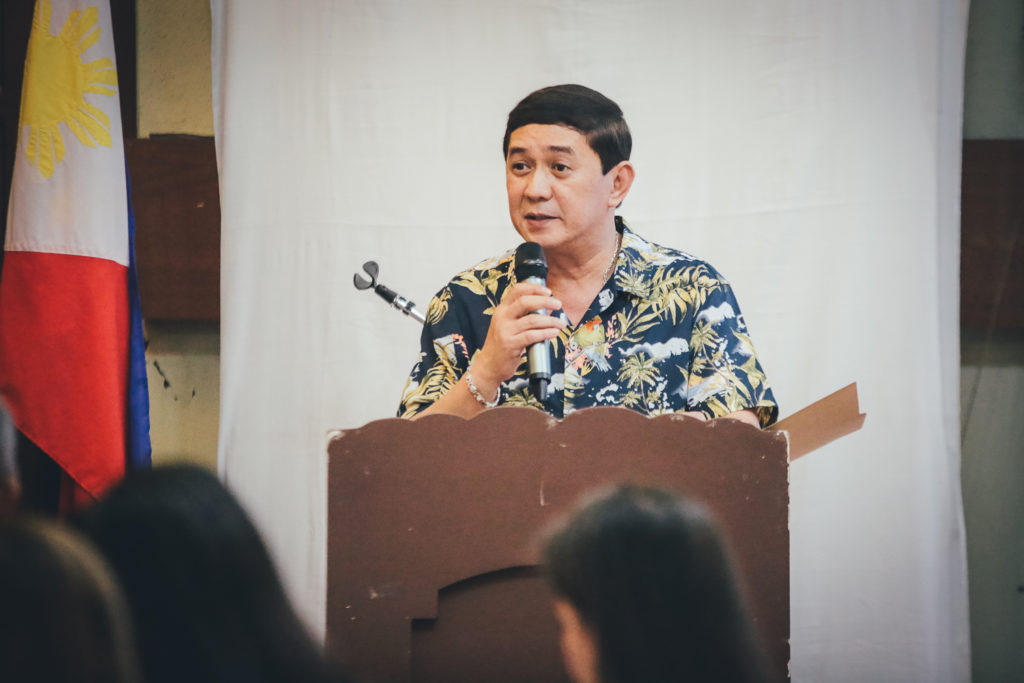
Governor Nelson Dayanghirang, in his welcome message, gave an insight on how the province became a “champion” province as a result of its successful implementation of E-CLIP. He said that “Davao Oriental was made as the point of reference in the drafting of memorandum circulars of national agencies pertaining to the CLIP implementation guidelines.”
“We join the call for the pursuit of an enhanced, comprehensive, integrated and holistic peace process to address the internal armed conflicts and its root causes. We are also implementing programs that are community-based to assist and respond to their economic, social and psychological rehabilitation needs in order to ensure success and sustainability. If there is something that we can do to make a difference, it is certainly the transformation of the E-CLIP into concrete results that will be a living legacy for the attainment of just and lasting peace,” Governor Dayanghirang said.

DILG Provincial Director and newly promoted Assistant Regional Director Yvette Tolentino Sunga; Provincial Social Welfare and Development Office Head Sarah Gudes, and 701st Brigade Commander Col. Manuel Sequitin also oriented the guests on the processing of former rebels and the operation of the Provincial Government-run Happy Home. Photos by Eden Jhan Licayan


